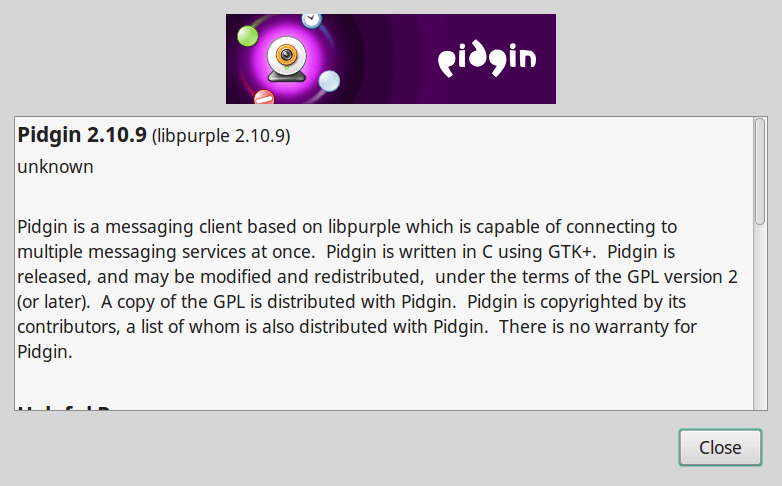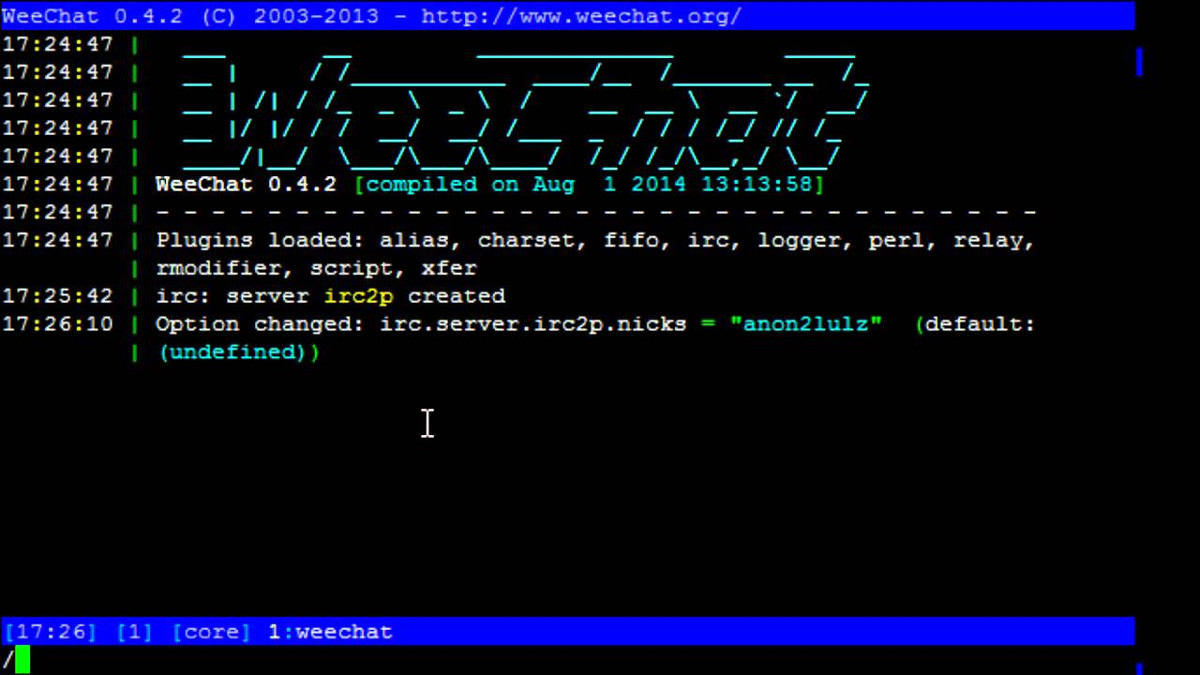

Konversation has a tabbed interface, and you can get detailed notifications about activities in each tab. You can define multiple nicknames and identification methods for each IRC network you add, and quickly switch between them from the dropdown menu in the main chat window. It can integrate with the Kontact Address Book to show your contacts who use IRC. Like a true KDE app, Konversation is completely customizable, and it cooperates with other KDE applications. Both IRC clients can stay online and ensure you don’t miss anything. If you’d like to play with a self-hosted solution, try The Lounge or Convos. With adjustments and plugins, Irssi and WeeChat can also be used for permanent IRC connections.

When the client reconnects, the server shows you new messages since the moment you disconnected. The “core” (server) component of the application is constantly online, even when you close the client. Quassel solves this problem with its client-server approach. IRC is great, but it does have a major flaw: you can’t see the messages that were posted in a channel while you were offline. Try it and see if you can handle the geekiness. It’s a filesystem-based IRC client that creates directories and files for every server and channel you join. While BitchX is a fairly popular command-line IRC client, ii (irc it) is unlike anything else on this list.
#Best irc client for mac windows#
#Best irc client for mac plus#
All you have to do is click the plus button, choose a network from the list (or add a custom one), and join a channel.

It doesn’t have dozens of options to distract you. The point of Polari is to start chatting. Interested in trying IRC? Do you want to change your current IRC client? Here are some of the best IRC clients you’ll find on Linux – and things you can do with them. Since IRC chats are just plain textual messages, the whole experience is lightweight and equally fast on desktop and mobile devices. Most networks allow you to participate without an account. To join a channel, you’d type /join #channelname in your IRC client. User actions are called IRC commands, and begin with a forward slash. You can exchange private messages and files with others, and create your own channels – public, private, or invite-only. Every major Linux distribution has an IRC channel, so IRC provides a great way to get help or meet fellow Linux users.


 0 kommentar(er)
0 kommentar(er)
